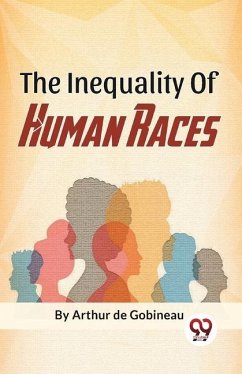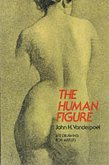The Inequality of Human Races is a book written by Arthur de Gobineau written before 1853. The book is widely considered to be a foundational text of racial theory and is often cited as a precursor to scientific racism. Gobineau's ideas were controversial even in his own time, and the book was widely criticized for its racialist theories. However, the book also had a significant impact on later thinkers, including Friedrich Nietzsche and Houston Stewart Chamberlain, who would go on to develop their own theories of race and culture. Today, the book is widely regarded as a problematic and deeply flawed work that contributed to the development of racist ideologies.








